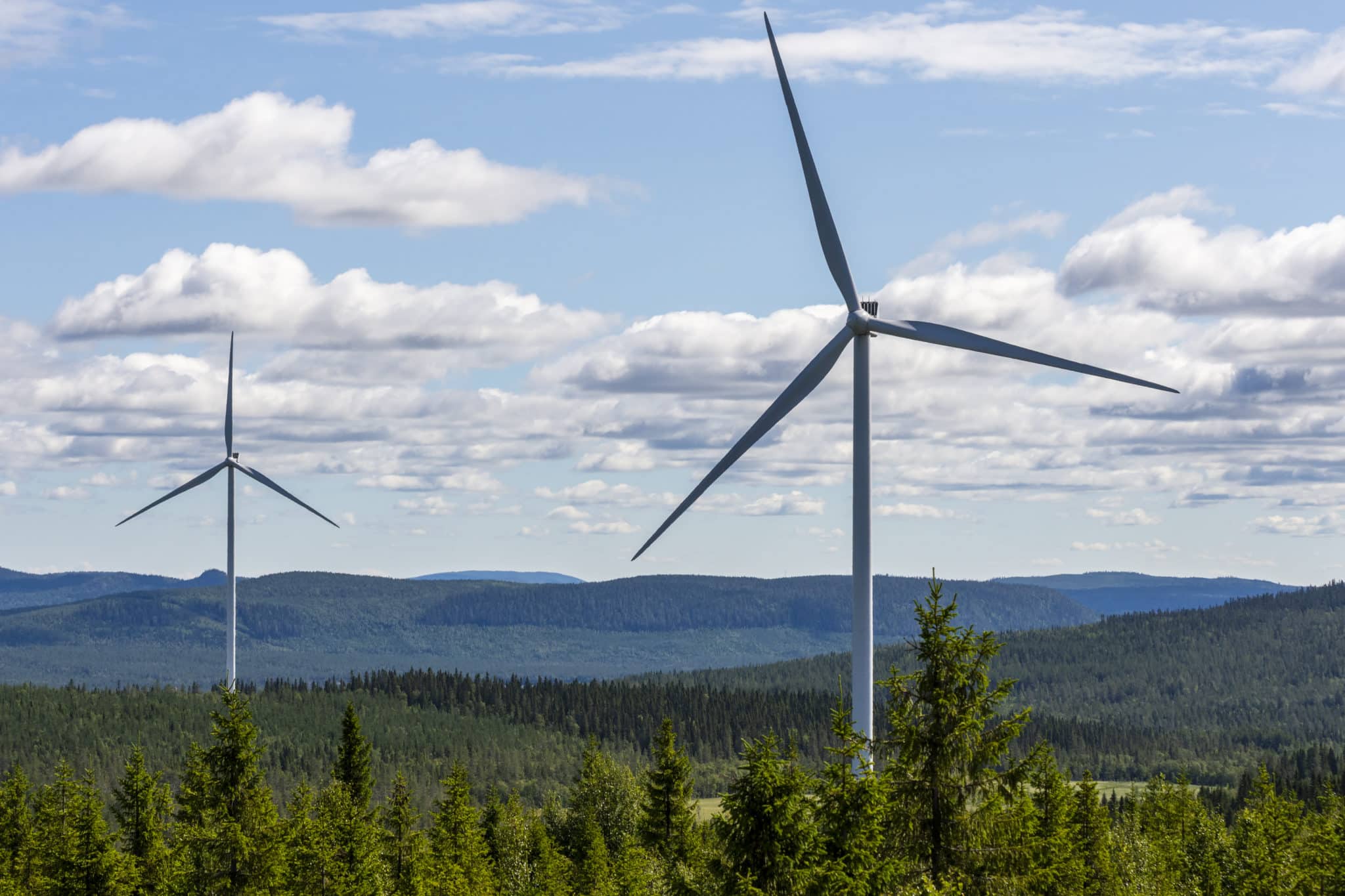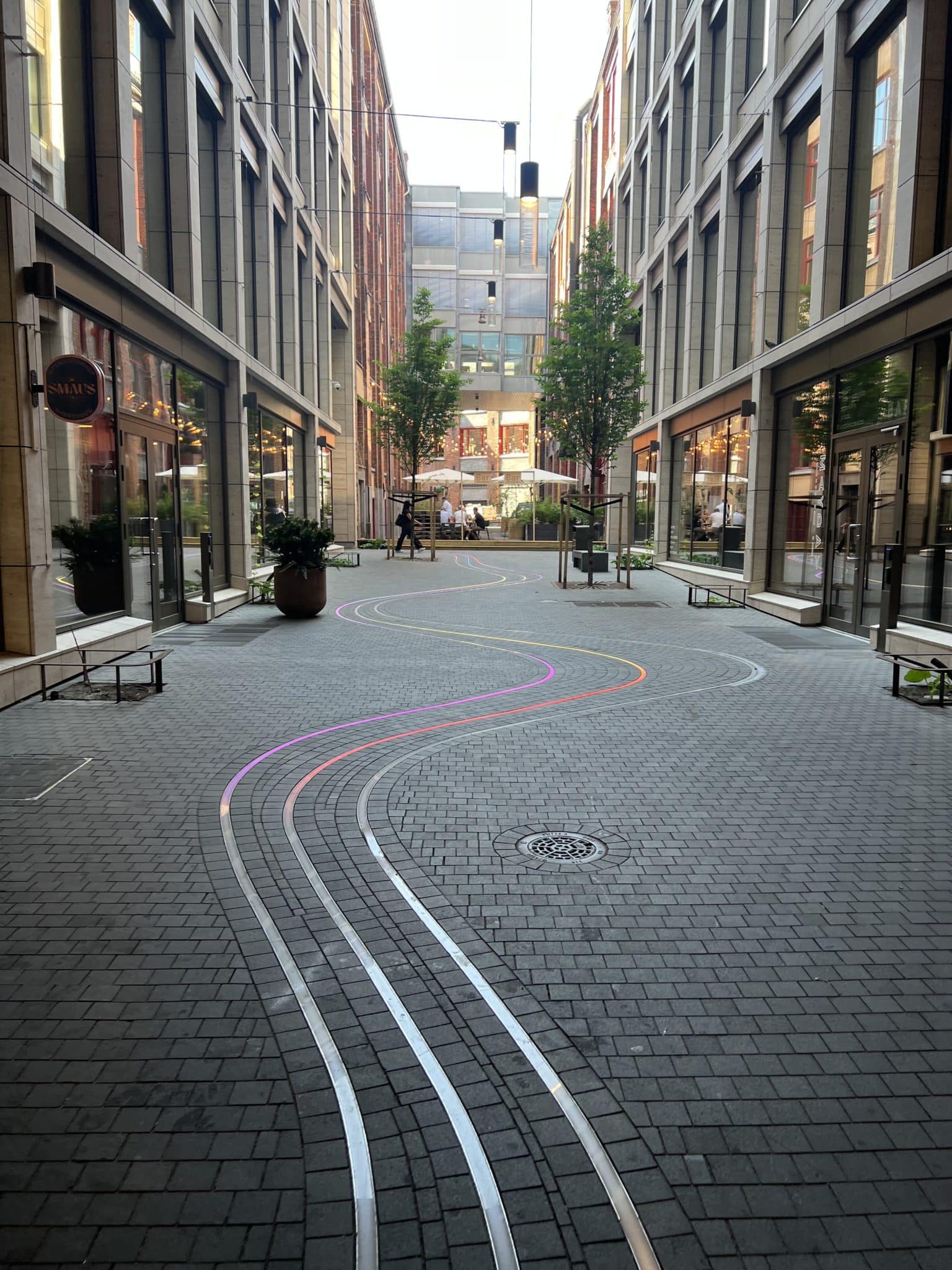The municipality must agree to the project
The letter from the Ministry of Petroleum and Energy (MPE) to NVE highlights several aspects that will be central for the concession process. It is stressed that a good dialogue between the wind power developer and the municipality is fundamental in all phases of a project. A wind power developer must start planning a project in dialogue with the host municipality, and a written confirmation that the municipality agrees to the notification being processed must be attached to the notification to NVE.
After notification with a proposal for an Impact Assessment-program (IA) has been sent to NVE, the municipality and the developer should conduct a start-up meeting with NVE wherein the framework for further processing is clarified. Before a notification can be sent for consultation, the municipality must in each individual case decide how, within the applicable law, it will process the project in accordance with the Planning and Building Act. The municipality must decide whether this should be done through a plan or dispensation. It must also be clarified how the municipality wishes to be involved in determining the IA-program and in the application process.
The state administrator shall assist and advise NVE on the IA-program before this is determined, and thereafter assist with the follow-up of the assessment programs. The state administrator should therefore attend the start-up meeting with the municipality.
The wind-developer must include a plan for participation, and neighbors and other interested parties must be notified. The licensing process should also include a broader range of neighbors in the area.
Sami interests must be involved
MPE is concerned that if onshore wind projects are planned in Sami areas, the Sami interests must be involved at all stages of the process. During the initial phase of project planning, the developer must contact the affected reindeer grazing districts about the potential project. Afterwards a notification must be sent to the affected reindeer grazing districts and the Sami Parliament about the application to develop in the area. Affected reindeer grazing districts should also be invited to the start-up meeting with the municipality. Sami interests shall be consulted when determining the assessment program, and reindeer husbandry’s experience-based and traditional knowledge shall be emphasized as a knowledge base in the reports. The investigator must have knowledge of reindeer husbandry, and must be able to acquire knowledge of the effect that previous measures in the relevant area have had on reindeer husbandry.
Several amendments to the licensing process
Further processing of the notification and license application must also be based on the following from the wind power notification:
- Power production and grids shall be coordinated in the processing of wind turbines. Available network capacity must be assessed at an early stage.
- Impacts on the environment, neighbors and other activities must be described clearly and emphasized more strongly than before.
- The advantages and disadvantages of a wind turbine must be made visible and weighed in as open and clear a manner as possible. There must be clearer requirements for the license applicant to make the socio-economic profitability of the project visible.
Taxation of wind power
The government states that it will ensure that local communities that make their natural resources available for development receive more in return, as well as a fair share of value creation, including through changed taxation of wind power. A production tax on wind power that accrues to the municipalities has been sent for consultation. The government aims for the tax to be introduced during the year and will return to the question of changing the tax for wind power in the presentation of the state budget for 2023.



